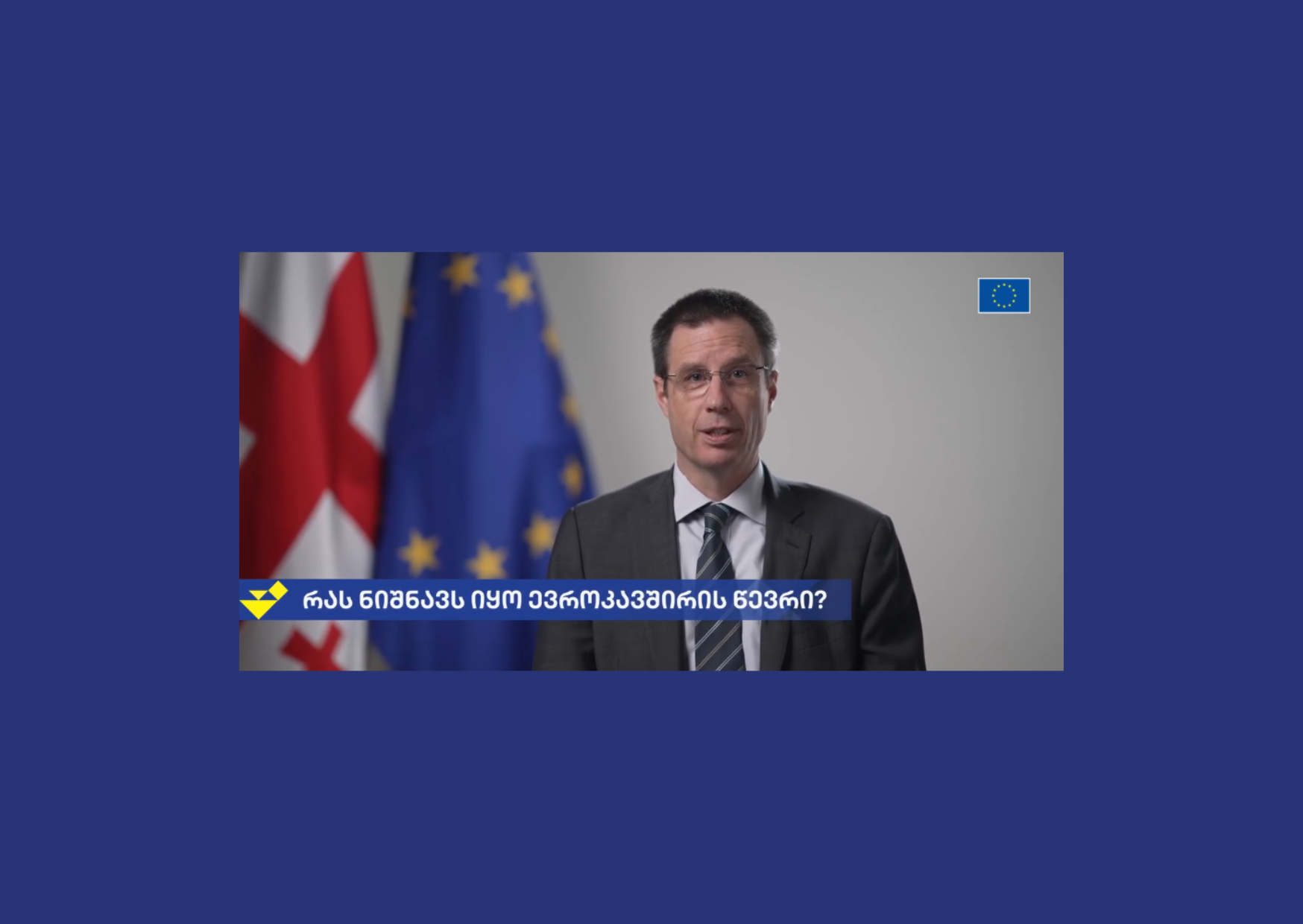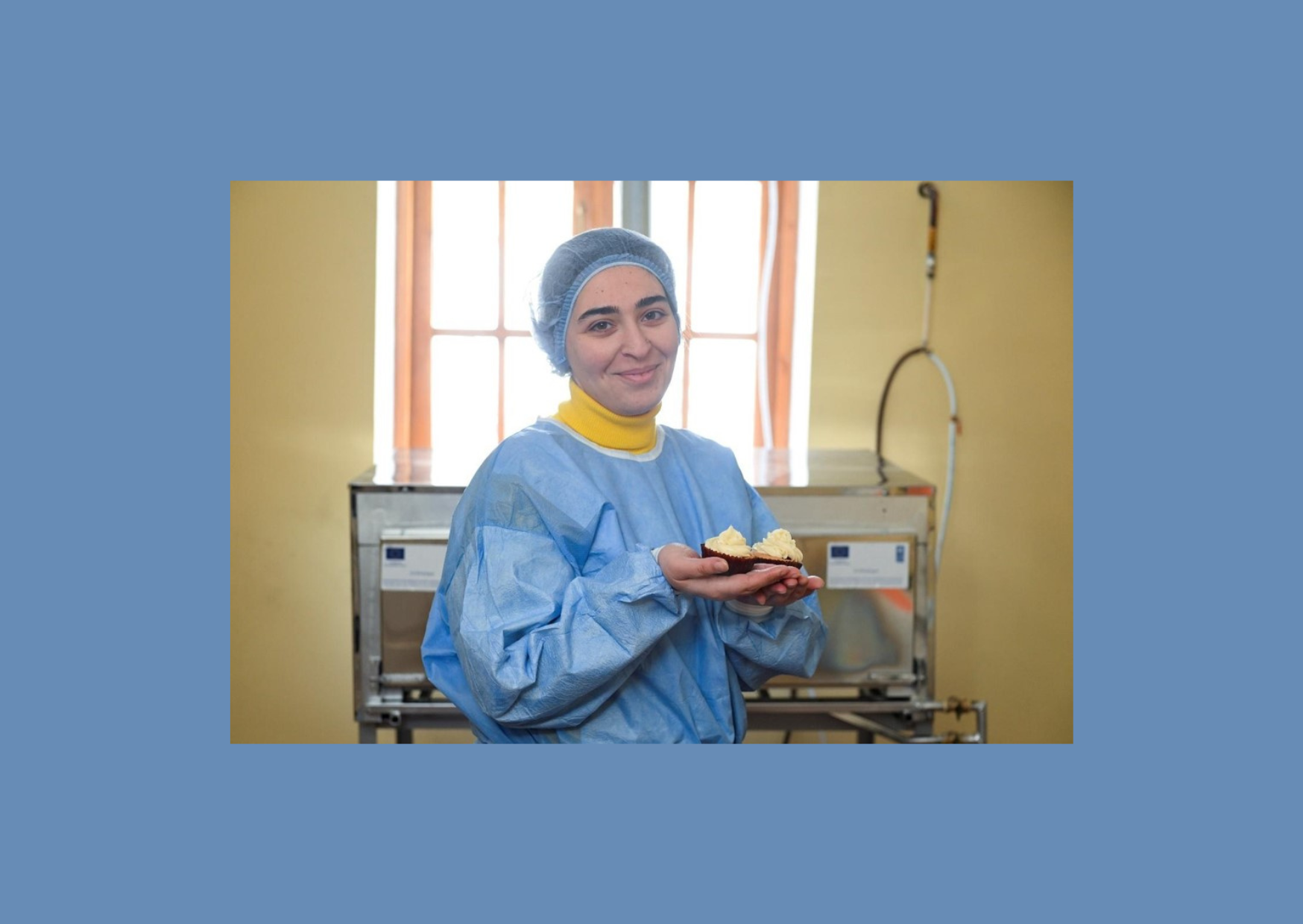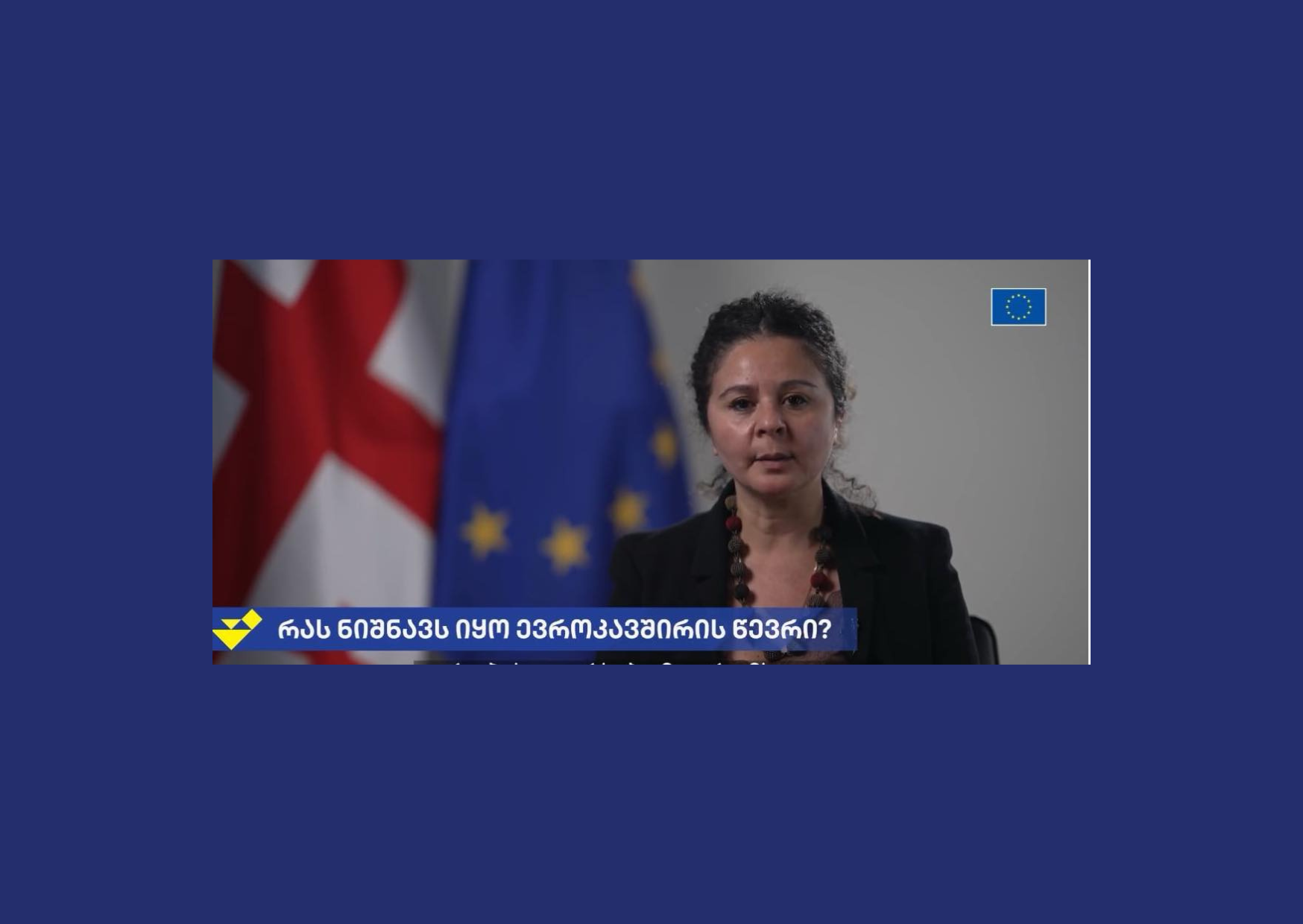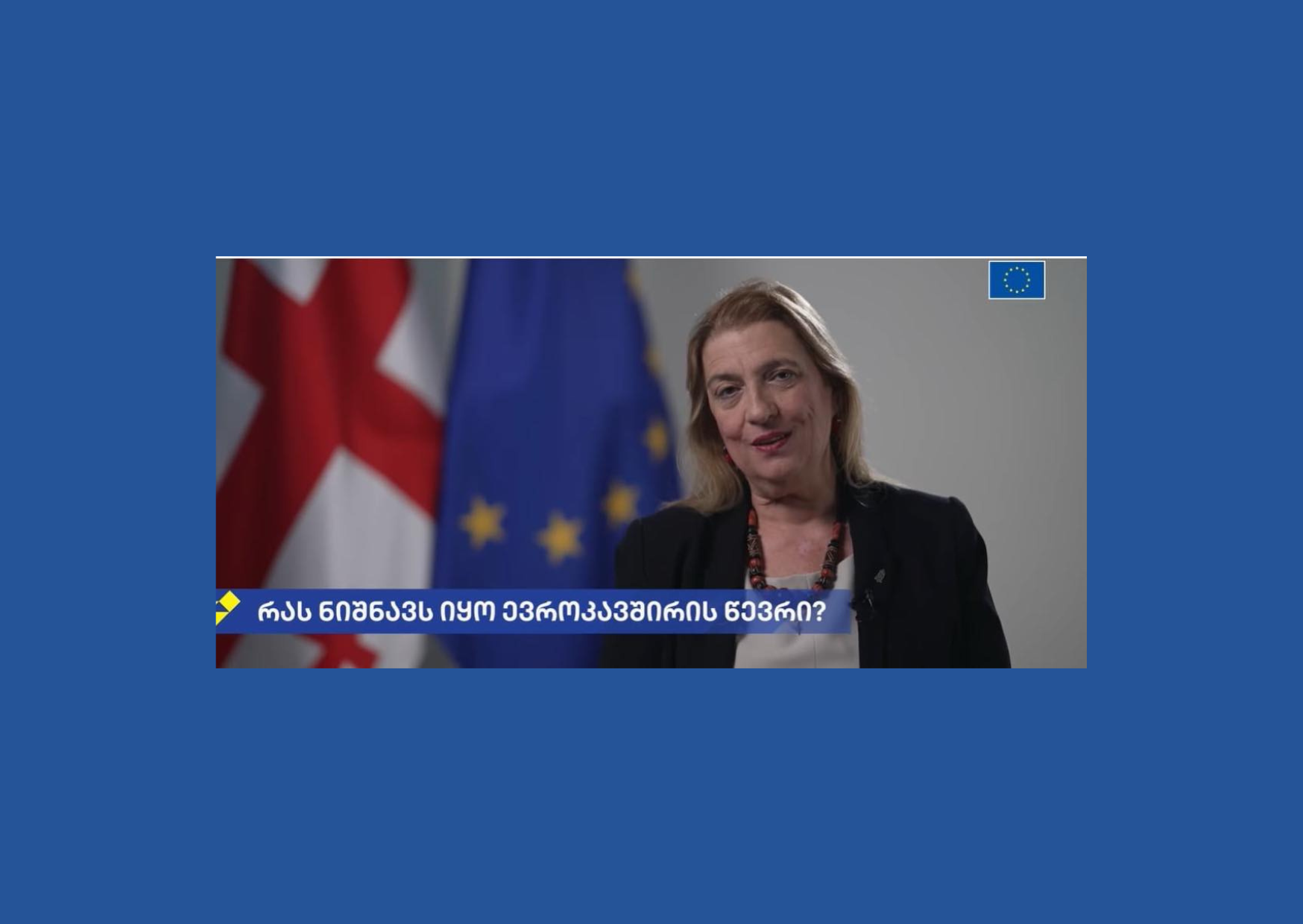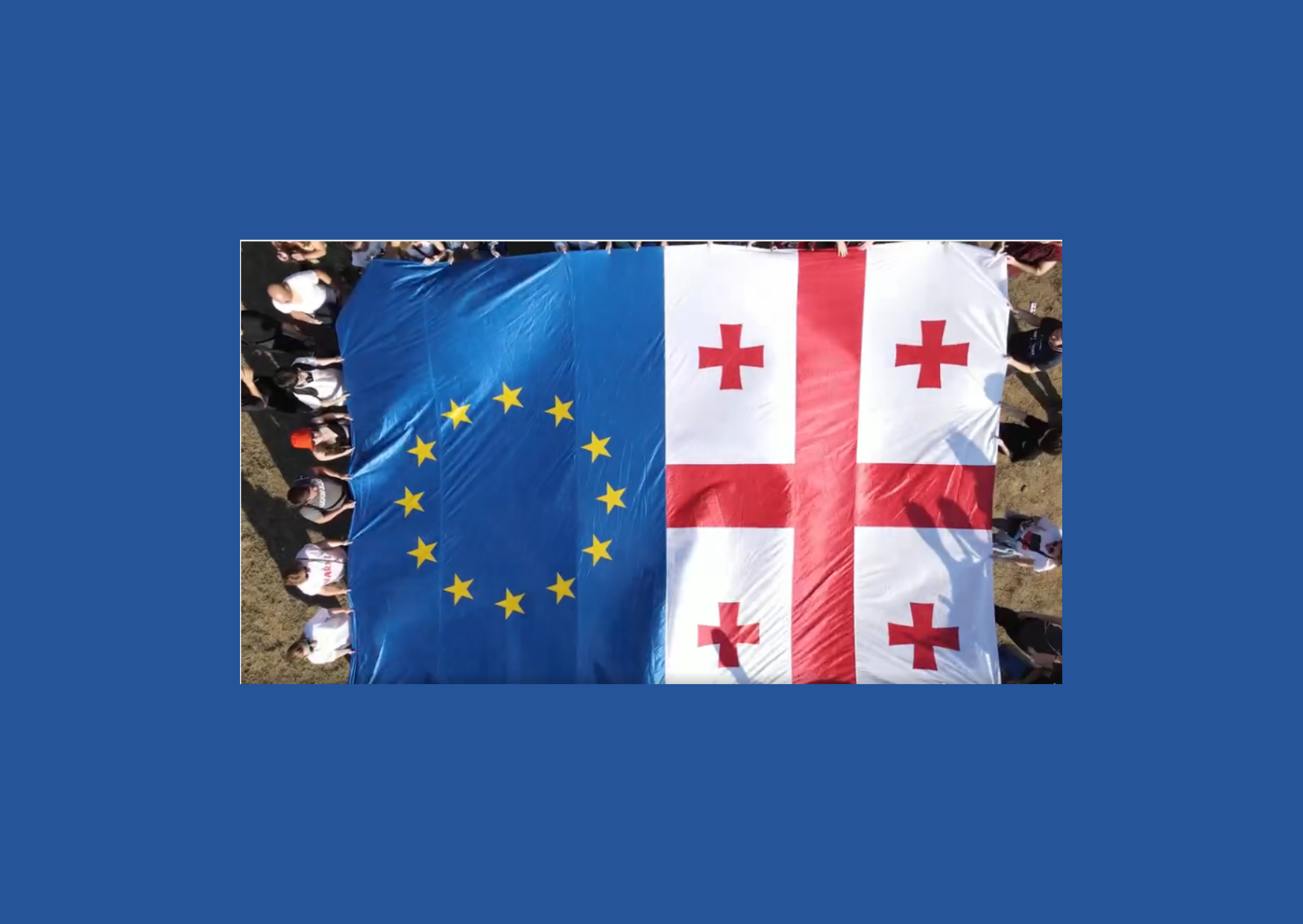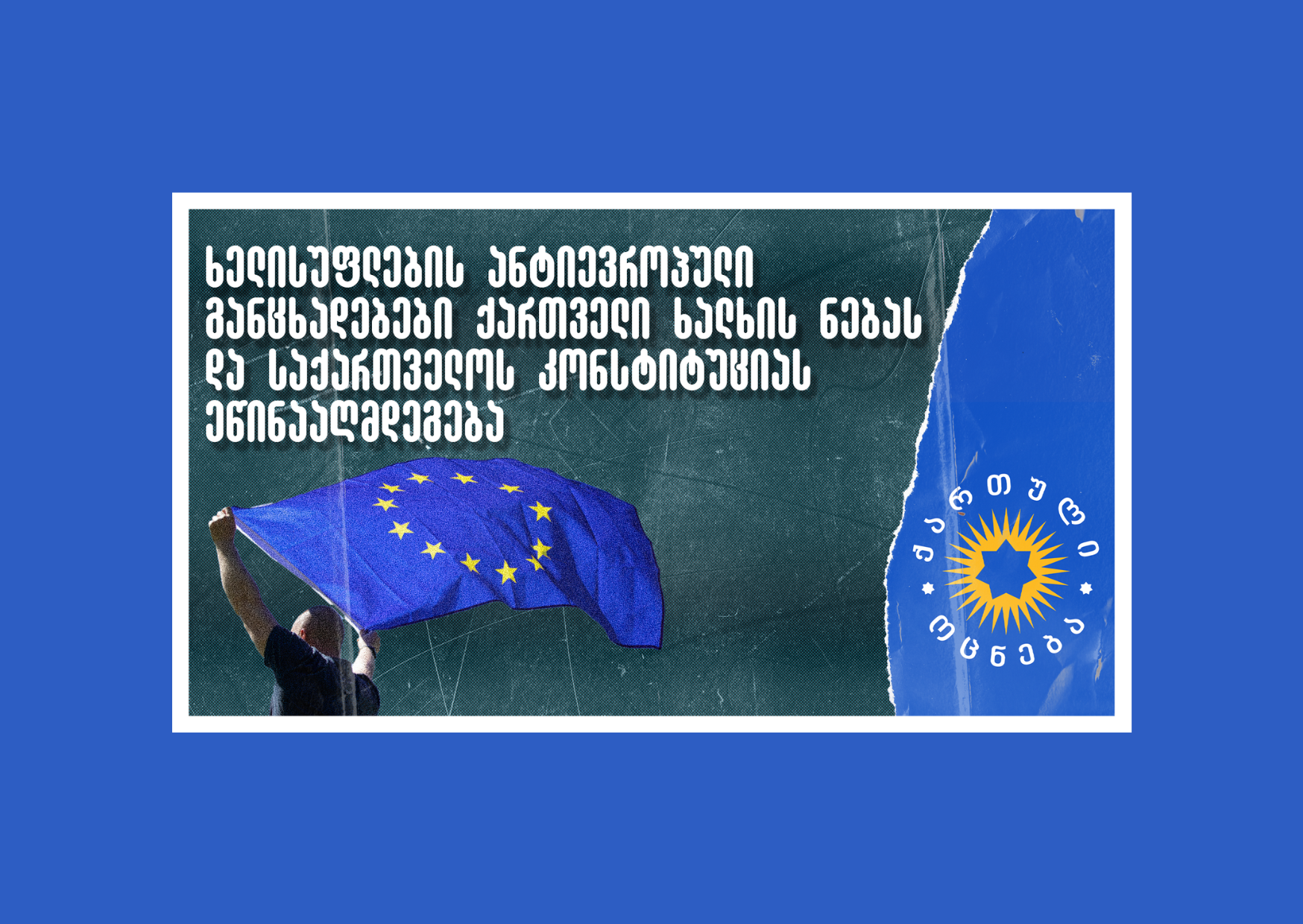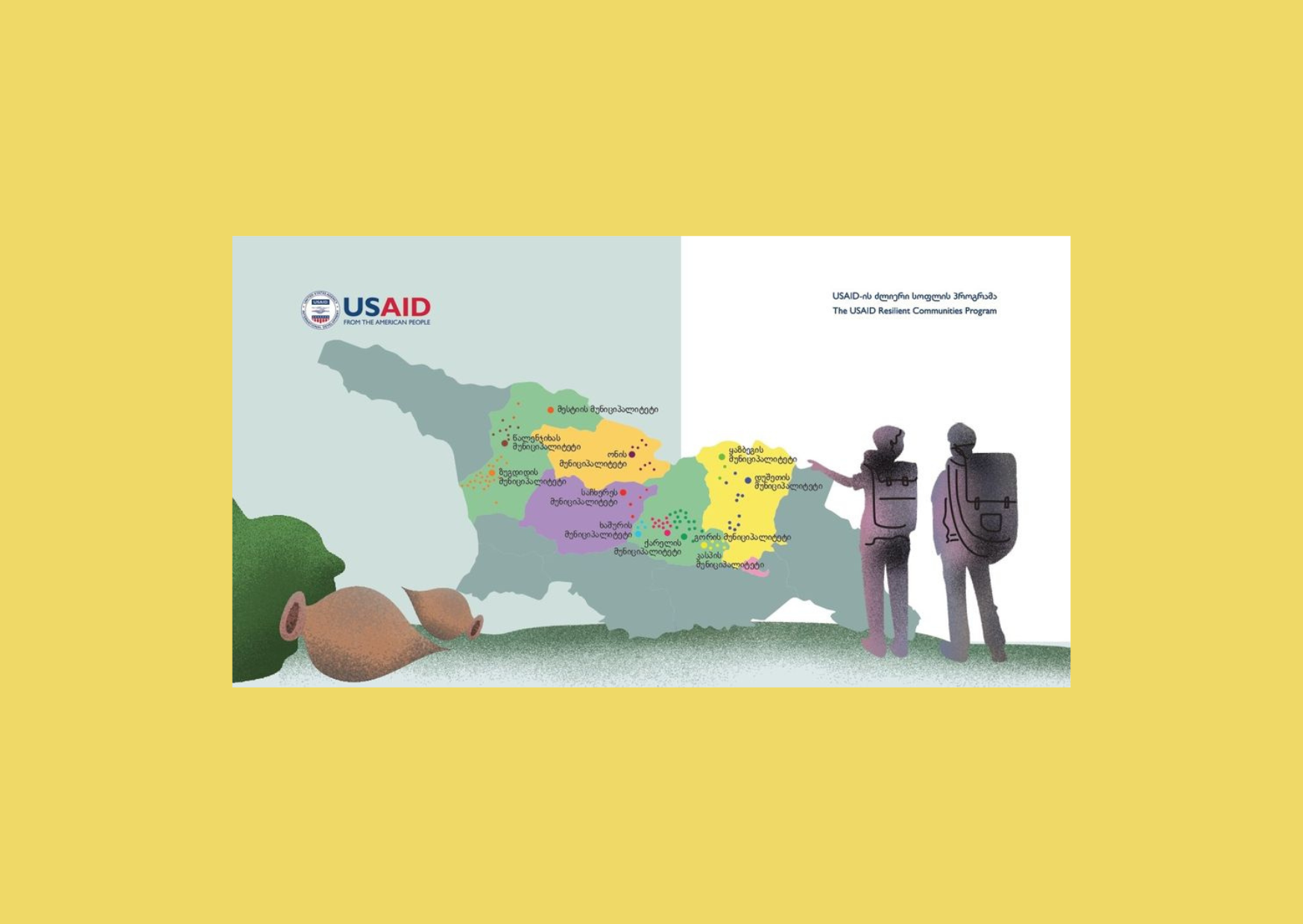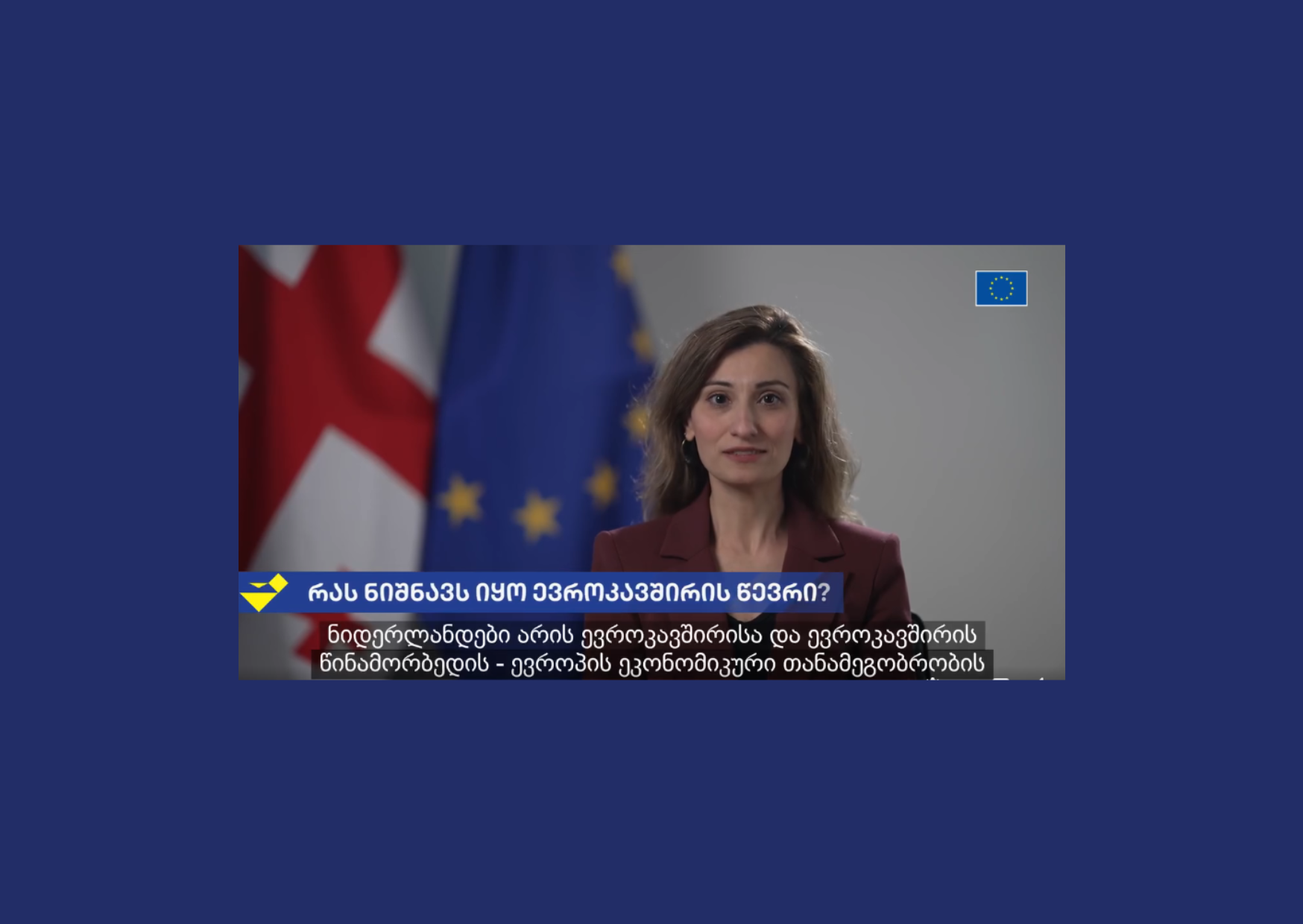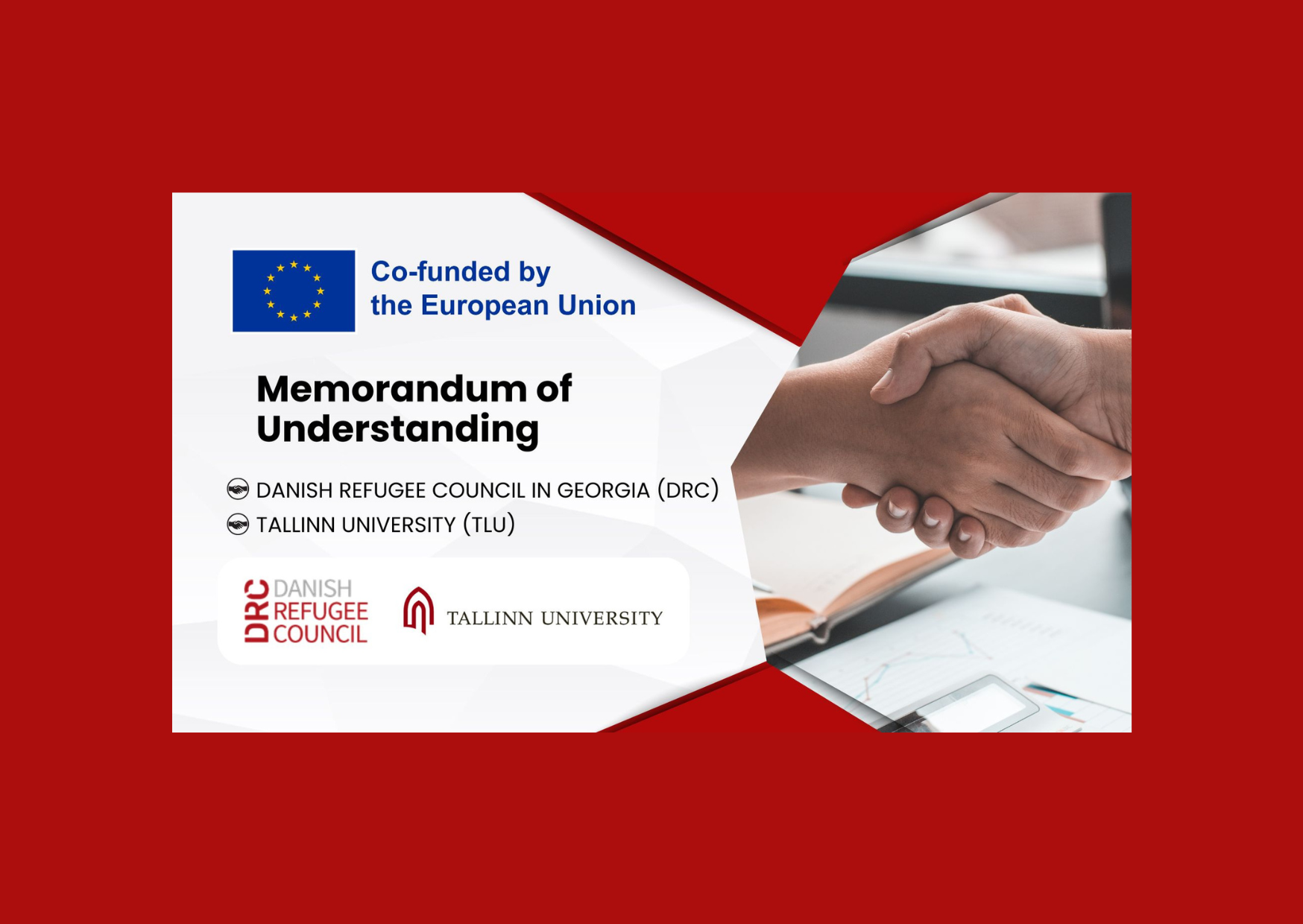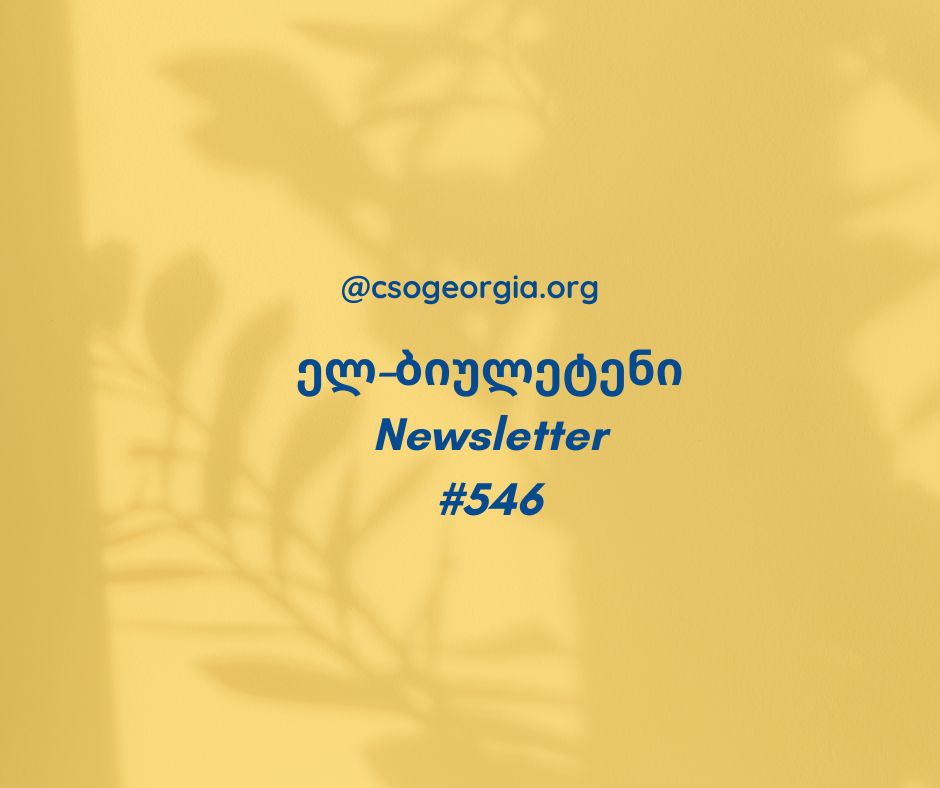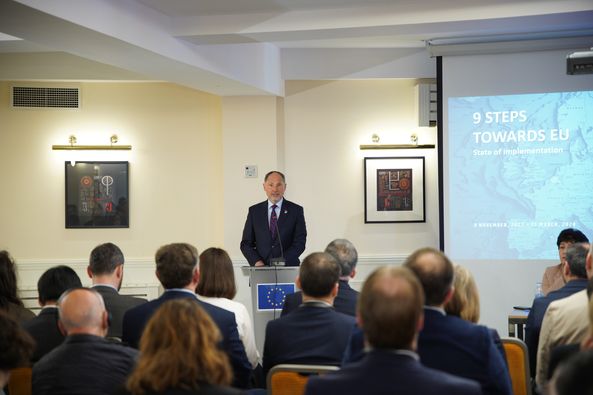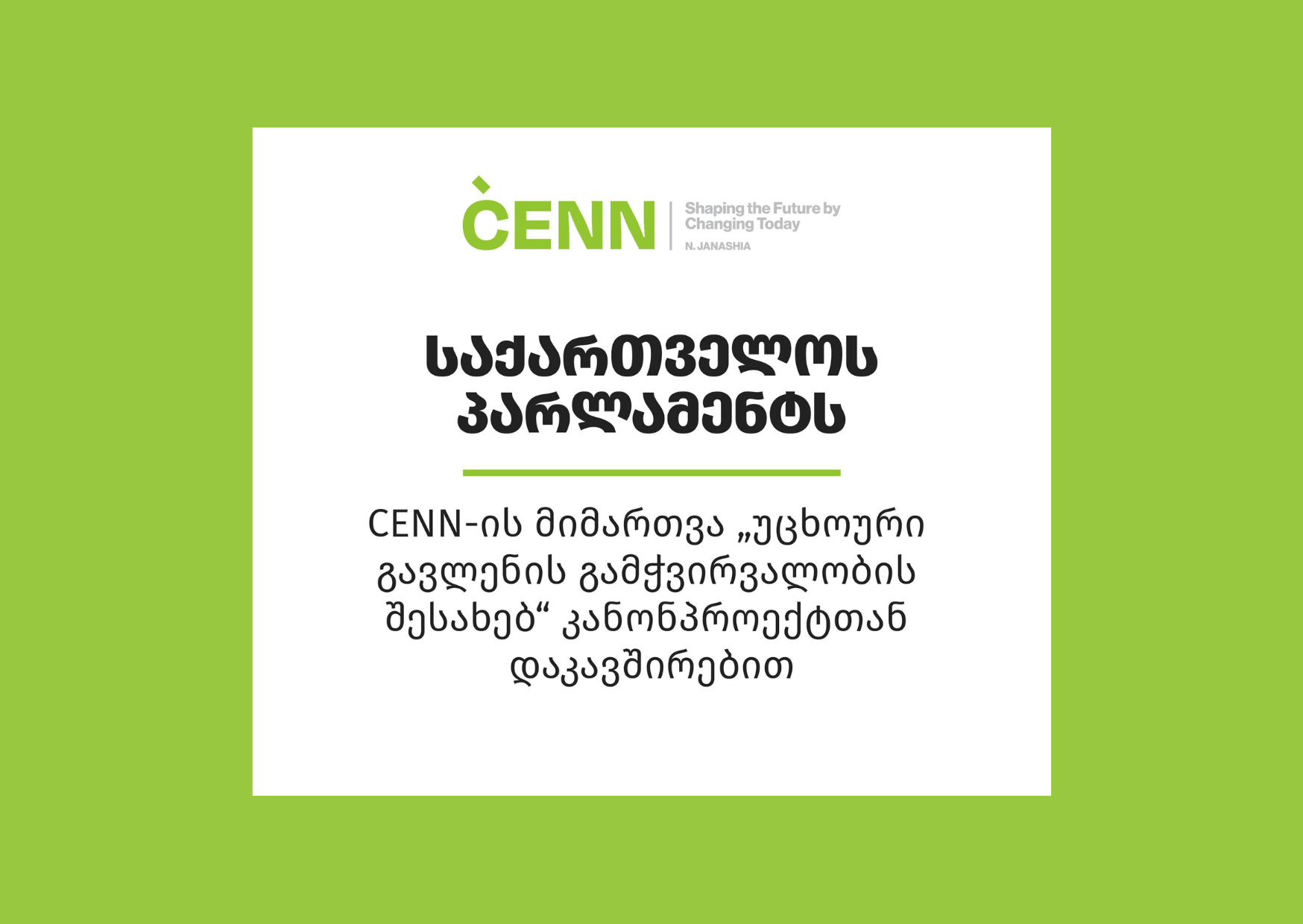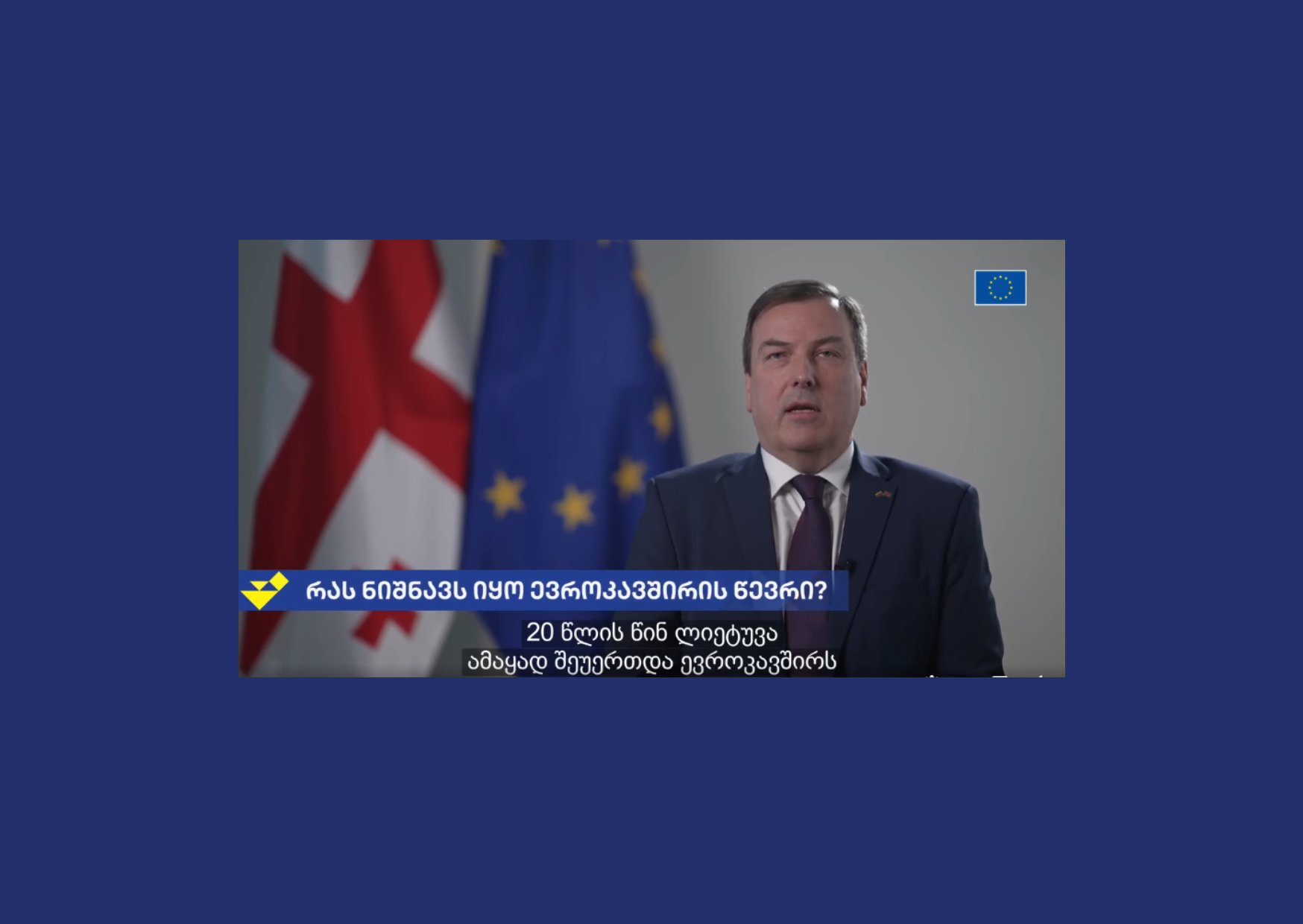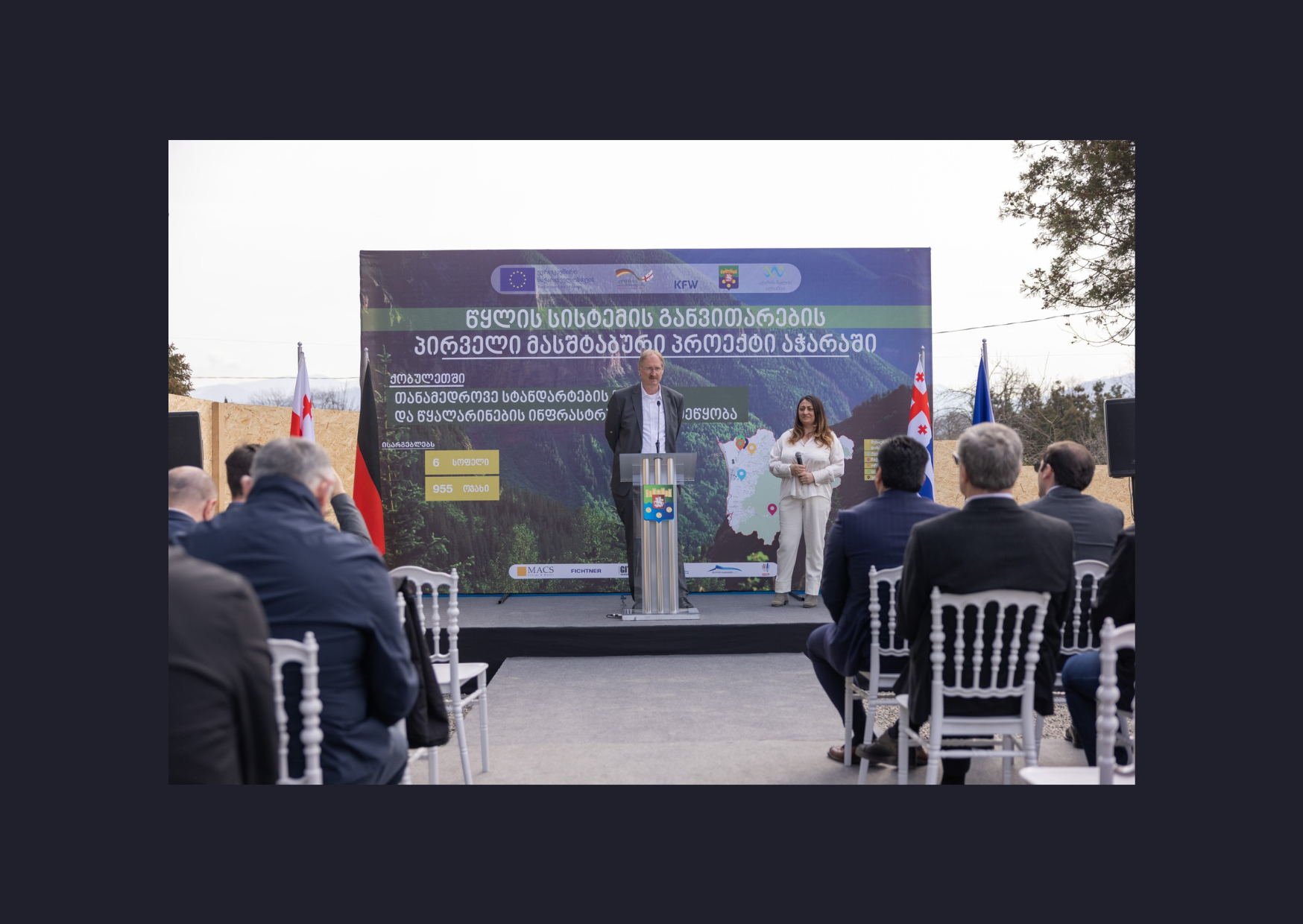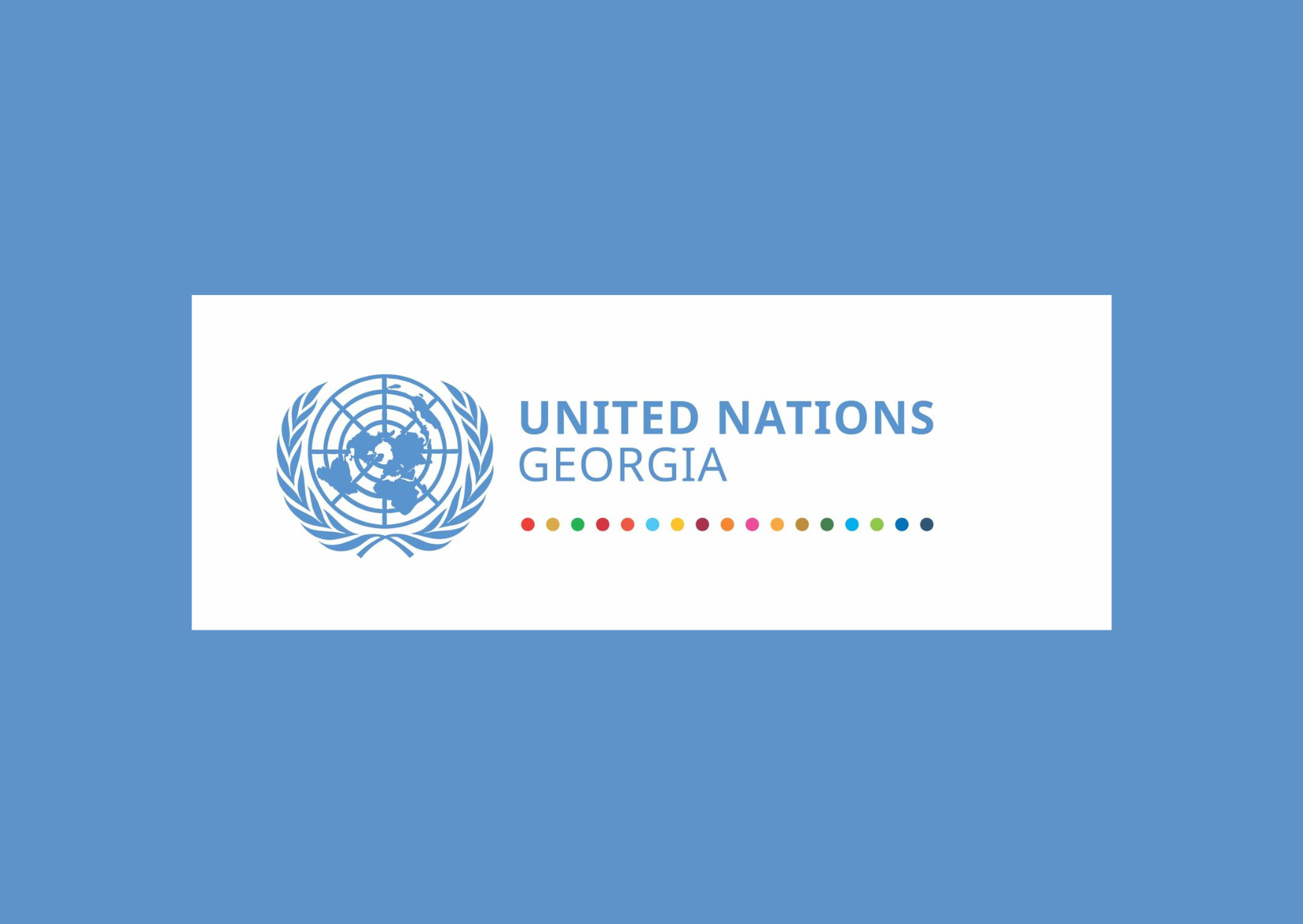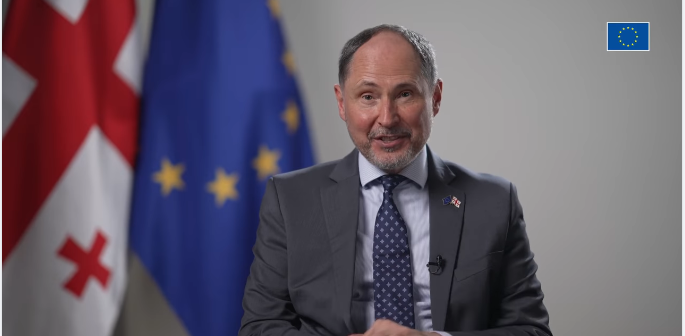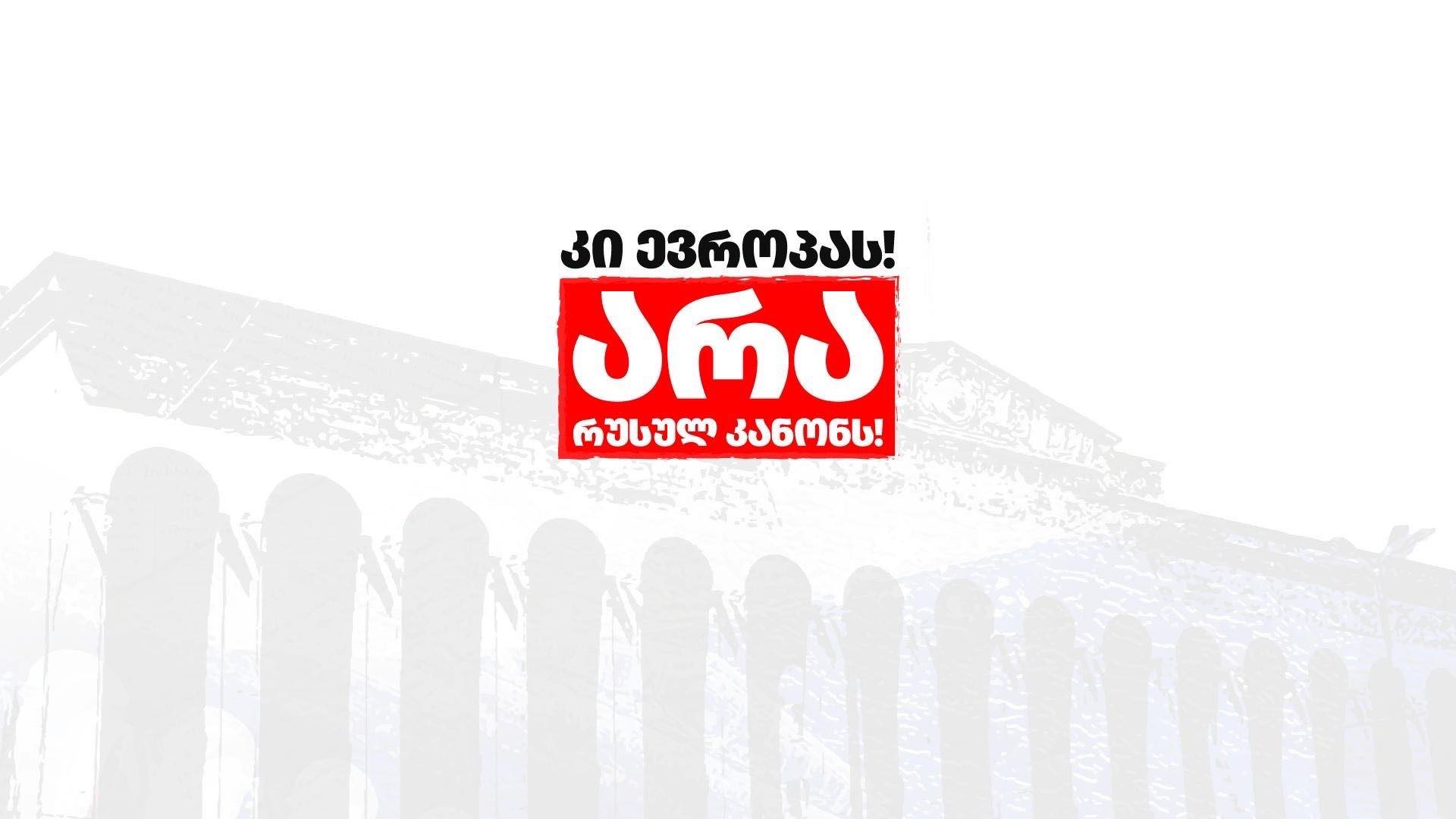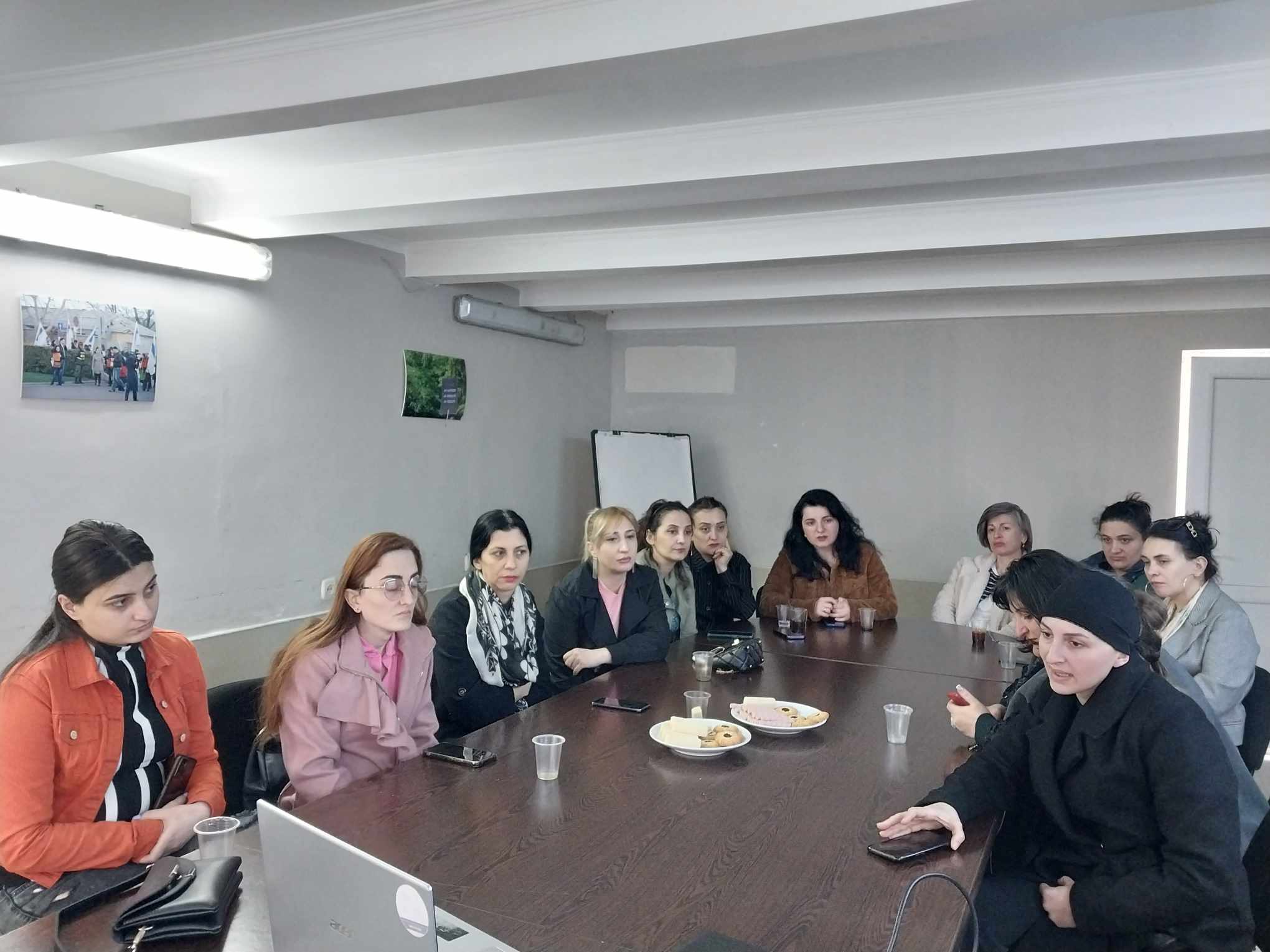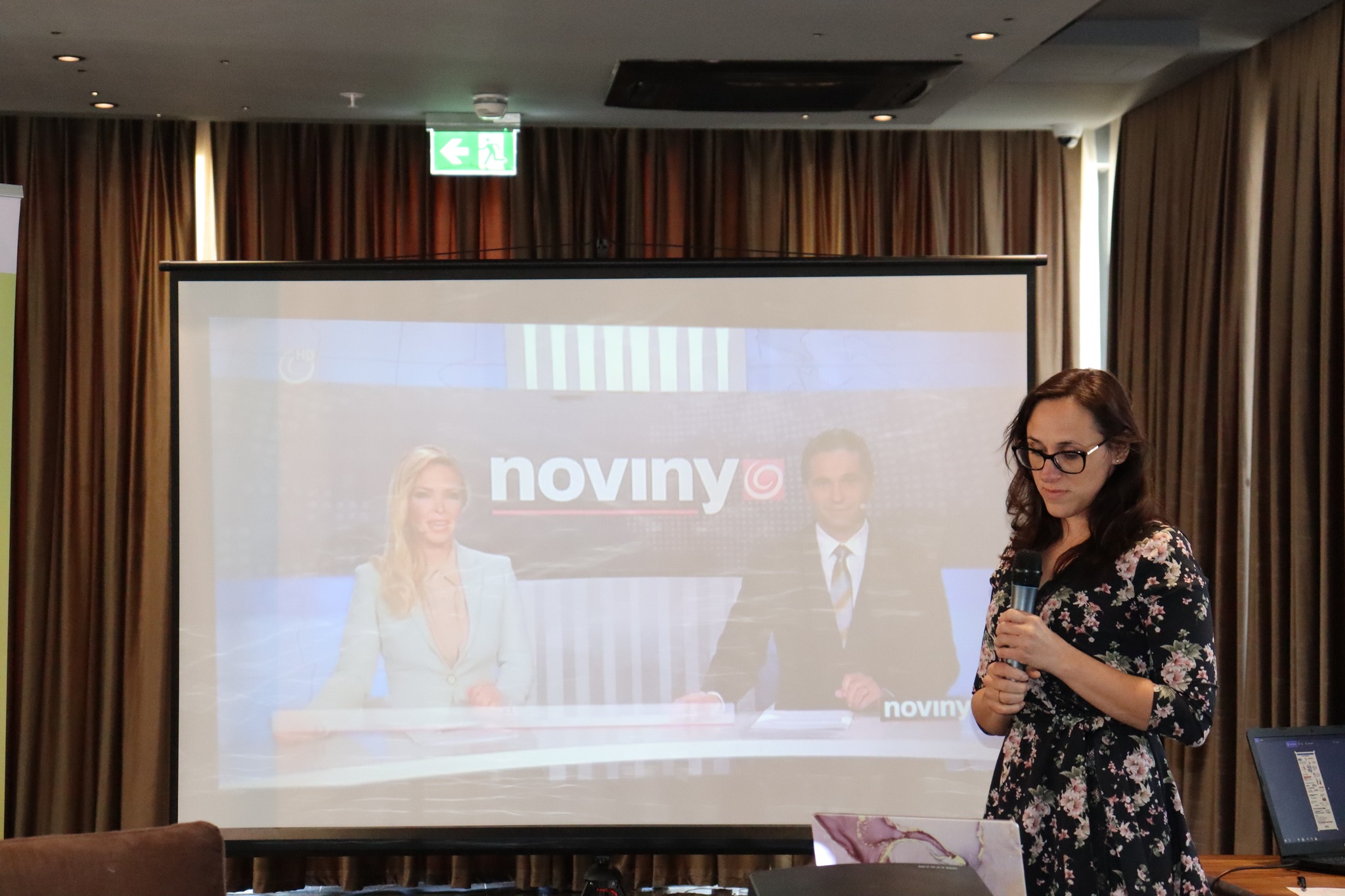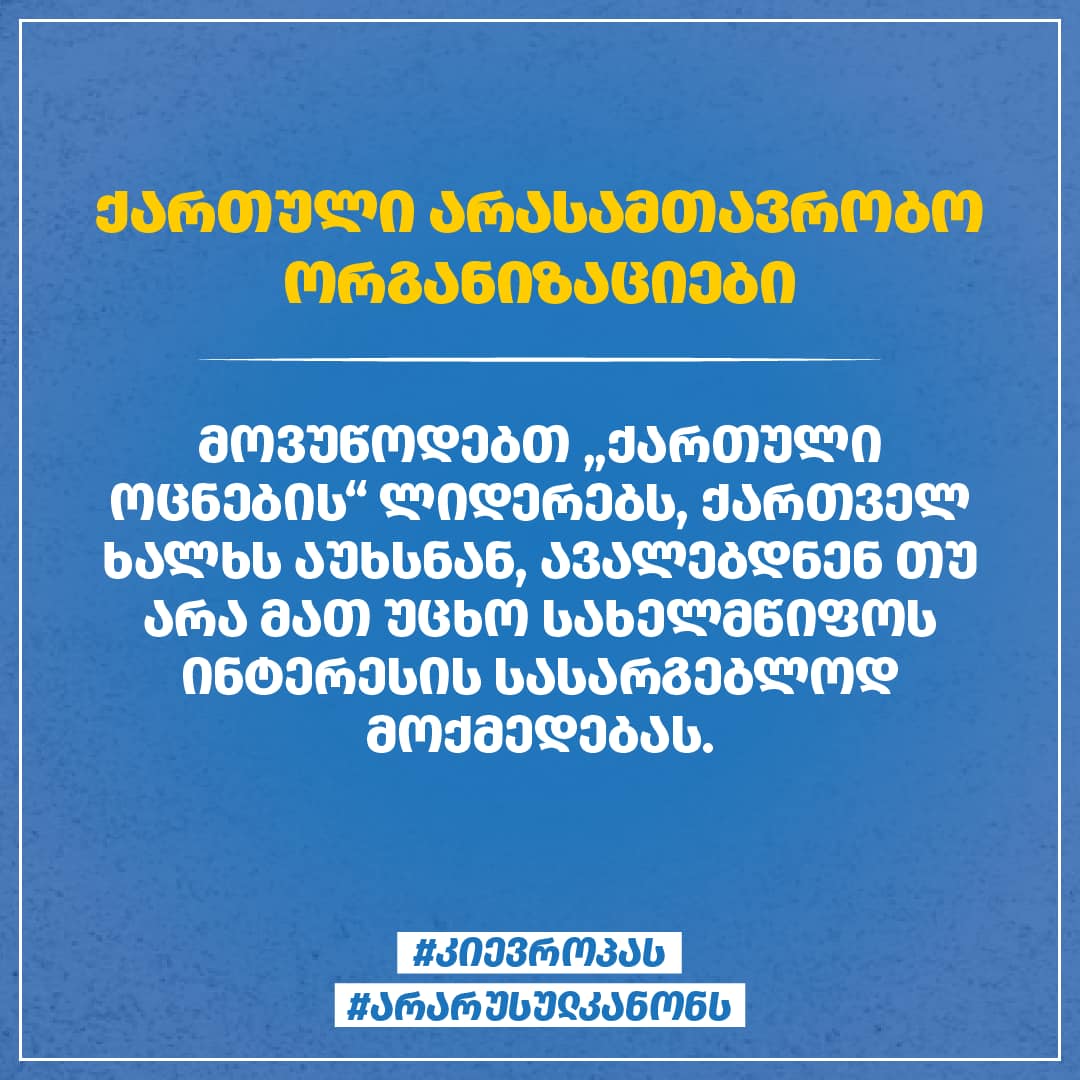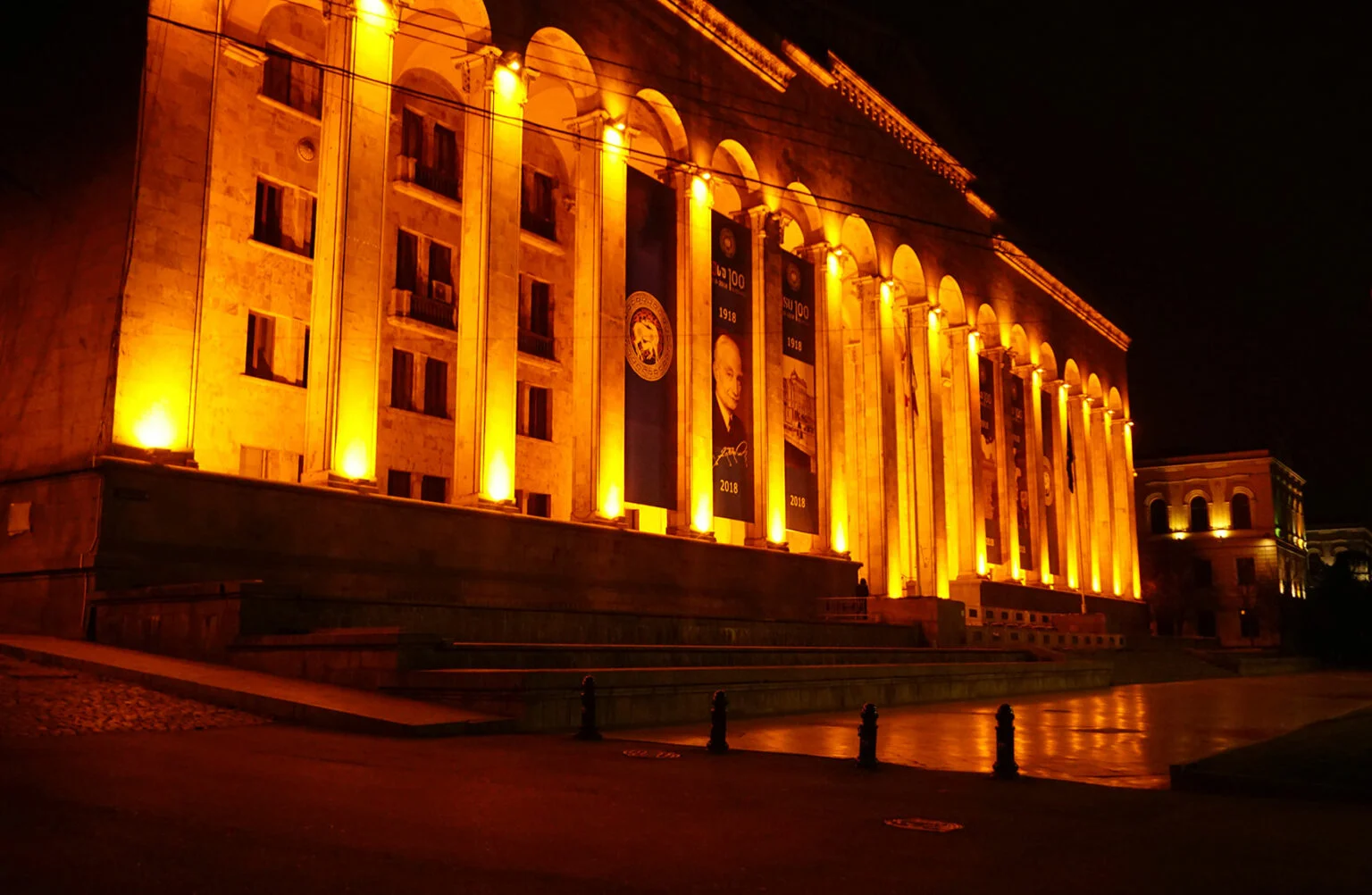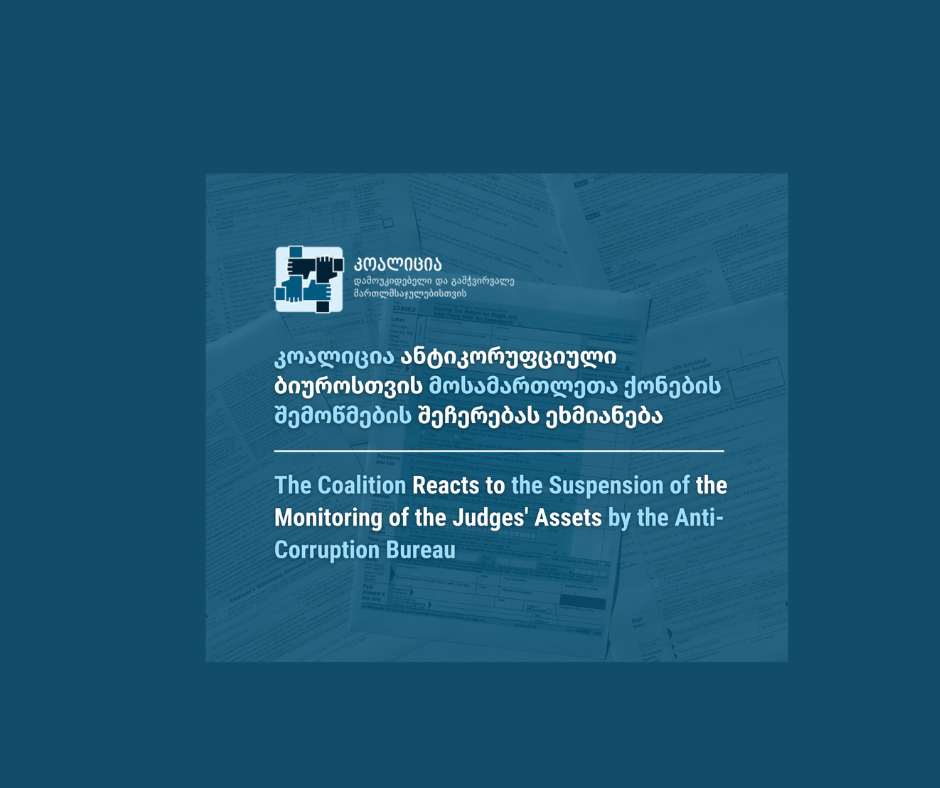News
“It meant joining a community of friends and neighbours with shared values, with common goals.”-
Watch the Ambassador of the Republic of Austria, reflecting on Austria's EU accession.
More...
Source: European Union in Georgia
Imereti.EU and UNDP Help Revitalize Perevi Village through Rural Entrepreneurship.
The EU and UNDP provide Perevi residents with resources they need to kickstart rural entrepreneurship and prevent migration from village to cities or abroad in search of better employment opportunities.
Read the success stories of women beneficiaries of the project here
Source: European Union in Georgia
“Thanks to Europe, we do not have to choose between peace, freedom and our culture. This is also true for the candidate countries. It is also true for Georgia.”
Watch the Ambassador of France in Georgia sharing her experience of what does it mean to be part of the EU family.
More...
Source: European Union in Georgia
“The European Union meant possibilities and opportunities for young generation, for the future.”
Find out from the Ambassador of Hungary what it meant for her country to have joined the EU in the video below.
More...
Source: European Union in Georgia
European Union in Georgia publishes a video.
"Our commitment extends to preserving Georgia's invaluable cultural heritage, nurturing the growth of its creative sectors, reviving the splendor of historic cities, empowering local producers, and unlocking the full potential of its tourism industry."
More...
Source: European Union in Georgia
Tbilisi.Transparency International Georgia publishes a joint statement of organizations.
"Yesterday, on April 11, "Georgian Dream" published on its official Facebook page the message of the general secretary of the party, the mayor of Tbilisi, Kakha Kaladze, with the following content: "No union is worth giving up the interests of my country and people."
"Georgian Dream" is already spreading similar messages openly.
Recently, the large-scale anti-Western campaign, the attempt to pass the Russian law, and the neglect of the appeals of Georgia's European and American friends make us think that "Georgian Dream" is trying to change the western course of the country. We remind the government that Georgia's Euro-Atlantic course is the unwavering will and choice of the Georgian people, which is confirmed in Article 78 of the Constitution of Georgia.
This article obliges the government to take all measures to join the European Union and NATO. The attempt to adopt the Russian law and the rhetoric of the party's high-ranking officials against joining the European Union are a betrayal of the Constitution and the Georgian people."
More..
Source: Transparency International Georgia
USAID/Georgia publishes information about the USAID Resilient Communities Program
Since launching in 2022, the USAID Resilient Communities Program has already issued $3.1 million in grants to 110 businesses and community organizations located near the Administrative Boundary Lines. USAID has facilitated $5.2 million more in private investment.
This has helped local businesses create local prosperity. This is just one example of how we partner with Georgia to strengthen communities – supporting businesses, creating jobs, improving public services, and partnering with local government and civil society.
More...
Source: USAID/Georgia

12/04/2024
Watch the Ambassador of the Netherlands in the video below to learn more about what does it mean for her country to be part of the European Union.
“The EU is the largest market in the world. For a trading country like the Netherlands it creates jobs and makes sure that the products in our shops meet the highest standards.”
More...
Source: European Union in Georgia

12/04/2024
Tbilisi.Tallinn University (TLU) and the Danish Refugee Council in Georgia (DRC) are joining hands in an innovative partnership aimed at fostering social entrepreneurship and enhancing development-based skills in Georgia and Ukraine!
This collaboration is all about putting social entrepreneurship at the forefront of our efforts, bridging the gap between the state and civil society organizations to create a sustainable impact.
Together with partners - Youth Innovations Centre (YIC), Association ‘Atinati’, Georgian Innovation and Technology Agency (GITA), and Mariupol Youth Union (MYU) – we are setting up innovative incubators in three regions of Georgia.
More...
Source: DRC in the South Caucasus
The web portal CsoGeorgia.org releases a weekly newsletter of grants competition, contests, vacancies, fellowships, and tenders for civil society organizations, and for any interested person.
Newsletter...
Tbilisi."The European Union has made it clear that its doors are open, but Georgia needs to act now to advance towards EU membership. Last week, we regrettably saw the return of a draft law on Transparency of Foreign Influence. Maintaining an enabling environment for civil society organisations and ensuring media freedom is at the core of democracy. It is also crucial for the EU accession process. I truly hope that political leaders will implement reforms in line with the objective of joining the EU, supported by a large majority of Georgia’s citizens.”, - stated the EU Ambassador Pawel Herczynski at the event, where Georgia’s Civil Society Organisations (CSOs) presented their assessment report of the implementation of the 9 steps laid out by the European Commission upon granting Georgia the EU Candidate Status.
More...
Source: European Union in Georgia
"CENN expresses its deep concern about the introduction of the "Foreign Agent Law" and calls on the Parliament to suspend the review process and withdraw it.
We appeal to each member of the Parliament of Georgia to show personal responsibility and spare no effort to maintain the country's democratic, European course
Strategic partners have already called on Georgia to withdraw the draft law.
We also heard explanations from them about reviewing the progress of joining the European Union, which is a loss of a real chance to ensure our national interests and the well-being of our citizens.
The weakening of positions at the international level has a direct impact on the country's security and economic development..."
More...
Source: CENN
It was 20 years ago that Lithuania proudly joined the European Union, making a return to our rightful place as a member of the European family.” - watch the Deputy Head of Mission at the Embassy of the Republic of Lithuania, Saulius Valainis, as he shares his insights on what the EU membership means to his country.
More...
Source: European Union in Georgia
Adjara.With the EU and German support, a groundbreaking event took place in Ochkhamuri, Kobuleti, to mark the beginning of the Ajara Rural Water and Wastewater Treatment Programme.
The event signified the commencement of construction works for the Programme in Kobuleti. The programme aims to create modern water supply and wastewater systems in 39 Ajara villages and semi-urban areas.
More...
Source: European Union in Georgia

10/04/2024
UN Georgia expresses its profound concern with the re-introduction of the draft Law on Transparency of Foreign Influence in the Parliament of Georgia as it would impede the work of civil society and media and the essential contributions they make to Georgian democracy and society as a whole.
More...
Source: UNDP Georgia
Georgia is a candidate country to join the European Union.
Ever wondered what it means to be part of the EU family?
Listen to EU member state Ambassadors sharing their experiences in the video below and visit Expo Georgia on May 11 to learn more!
More...
Source: European Union in Georgia
Georgian non-governmental and media organizations published a joint statement:
"We, the Georgian media and non-governmental organizations, vehemently oppose the Russian law reintroduced by the authorities. “Georgian Dream” breaking its own word and deceiving people is directed not only against Georgian media and Georgian non-governmental organizations but also against every citizen and the European future of Georgia. Georgian non-governmental organizations help people. Passing this Russian law will leave children and women victims of violence vulnerable; persons with disabilities, scientists, workers, and young people; It will stop helping vulnerable families, farmers, displaced, homeless persons, and brave people fighting for their rights. The government wants to not cover the voice of people living in the regions, who inform the public about their plight through local, independent media.
These and the hostile laws introduced this week aim to divide the population, damage the country’s European future, and abolish freedom of speech. This is the government’s response to the hundreds of facts of violence, corruption, illegality, and discrimination that Georgian non-governmental organizations and independent media expose and publicize.
The European Union, the United Nations, NATO, the OSCE, the USA, and other international partners have declared the authoritarian character of the Russian law and its incompatibility with democracy, and after the recall of the law last year, they openly congratulated the Georgian people on their great victory.
This law is a Russian authoritarian tool to suppress freedom of speech. Its adoption will make it impossible to open negotiations with the EU at the end of the year. Instead of fulfilling the 9 steps defined by the European Union, the government, with this law, separates us from the European Union and immeasurably harms the democratic and secure future of Georgia.
Accepting the Russian law would be an attack on the main Georgian values – a sense of dignity, independence, and civil solidarity. This law, in accordance with the will of the Georgian people, should be withdrawn from the parliament. Russian law is not Georgia’s choice!"
More...
Source: civil society foundation
Tbilisi.Leave no one behind" - A focus group research has been conducted and 118 people involved into the processes.
This comprehensive study, conducted by experts utilizing meticulously crafted research tools such as desk research, in-depth interviews, and focus groups, aims to delve into various dimensions of societal dynamics.
It's worth noting that as part of the "Building Inclusion for Vulnerable and Marginalized Communities in Georgia" initiative, the Charity Humanitarian Center - "Abkhazeti" (CHCA) is conducting essential social needs assessments in these 10 municipalities, with generous support from the United Nations Democracy Fund (UNDEF).
More...
Source: CHCA
Shida Kartli.On April 4, 2024, “Society Biliki” and the Slovak organization TENENET organized a conference dedicated to supporting the employment of people with disabilities.
Marika Mgebrishvili, the head of „Society Biliki“, opened the conference and welcomed participants. Marcela Hajtmankova from Slovakia also welcomed the participants, she emphasized the successful implementation of the project and the importance of the discussions held on the issues of people with disabilities.
The conference was held in the framework of the project “Supported Employment and Optimization of Services in the Labour Policy in Georgia 2” implemented by “Society Biliki” and the Slovak organization TENENET with the financial support of Slovak Aid.
More...
Source: Society Biliki
Georgian non-governmental organizations issue a statement and call on the leaders of "Georgian Dream" to explain to the Georgian people whether they were instructed to act in favor of the interests of a foreign state.
In particular, the statement mentions that the representatives of the party, the author of the "Russian Law," have been working in organizations funded by the USA and the European Union for decades:
Irakli Kobakhidze – worked for 9 years in US and UN organizations;
Shalva Papuashvili – worked for 17 years in the German foundation;
Givi Mikanadze – received funding from the Council of Europe, the OSCE, the United Nations, and the European Union for 10 years;
Rati Yonatamishvili – received funding from the European Union, USAID, and other international funds for 9 years;
Nikoloz Samkharadze – worked for 11 years in EU and UN programs;
Archil Talakvadze – worked for 3 years in US organizations and “The Soros Foundation”;
Maya Bitadze – worked for 15 years in UN, OSCE, and World Bank organizations
Some of them, as representatives of donor organizations, worked with Georgian non-governmental organizations on justice, equality, self-government, and other issues.
"Today, they declare that those organizations, which they have represented for years, act in the interests of foreign states and are a threat to Georgia.
We call on them to publicly explain to the Georgian people whether someone instructed them to act in favor of the interests of a foreign state and, if so, to name specific cases. Georgian non-governmental organizations acted, are acting, and will continue to act to achieve the goals stipulated by their statutes, to protect the interests of Georgian citizens, and to strengthen democratic public institutions in Georgia."
More...
Source: civil society foundation
ICNL published a publication: "2024 Georgia Draft Law on Foreign Influence Transparency".
"On April 3, 2024, the Georgian Dream party registered in the parliament the draft Law of Georgia on Foreign Influence Transparency (“the Georgian draft law”). The Georgian draft law is identical to the draft Law of Georgia on Transparency of Foreign Influence #07–3/293; 14.02.2023 that was withdrawn from parliament following mass protests against it by a broad cross-section of Georgians in March 2023. The only notable difference is the replacement of the term ““agents of foreign influence” with the term “implementer organization of foreign power’s interest.”
The Georgian draft law is similar to other laws, specifically targeting non-governmental organizations (NGOs) for the purpose of stigmatization. This group of foreign influence registration laws includes the Russian foreign agents law (2012), the Kyrgyz Law on Foreign Representatives (2024), Israel’s NGO law (2016), the draft El Salvador foreign agents law (2012), Hungary’s NGO transparency law (repealed) (2017), and the draft foreign agents law in the Republika Srpska (2024).
These contrast with other laws and legislative proposals, including in the European Union (proposal), United States, United Kingdom, Australia, and elsewhere, that do not specifically target NGOs but instead focus on providing transparency for certain types of activities undertaken on behalf of a foreigner or foreign government. These laws and initiatives regulate relationships involving all entities and individuals without singling out NGOs and independent mass media.
Since the introduction of the draft law, leaders of multilateral institutions, including the Council of Europe’s Secretary General and the NATO Secretary General, have said the revival of the draft Law “raises serious concerns” and “will undermine the whole idea of making Georgia a stronger democratic society.” The European Union’s top spokesperson added, “Transparency should not be used as an instrument to limit civil society’s capacity to operate freely.”
source: ICNL
Tbilisi. The Coalition for an Independent and Transparent Judiciary:
On April 5, it was revealed that four judges, including Mikheil Chinchaladze and Levan Murusidze, halted the inspection of their assets by the Anti-Corruption Bureau through court proceedings.
The judges who initiated the court case against the Anti-Corruption Bureau are the ones whose integrity, including their financial status, is a matter of considerable public concern.
This incident sets a troubling precedent and provides the Clan members with an opportunity to exploit the courts to avoid assessment of their financial integrity, even within the limited scope of the inspection conducted by the Anti-Corruption Bureau.
The aforementioned further points to the need to check the integrity of judges appointed to key judicial positions through an extraordinary mechanism.
more: https://rights.ge/en/advert/158
source: rights.ge



